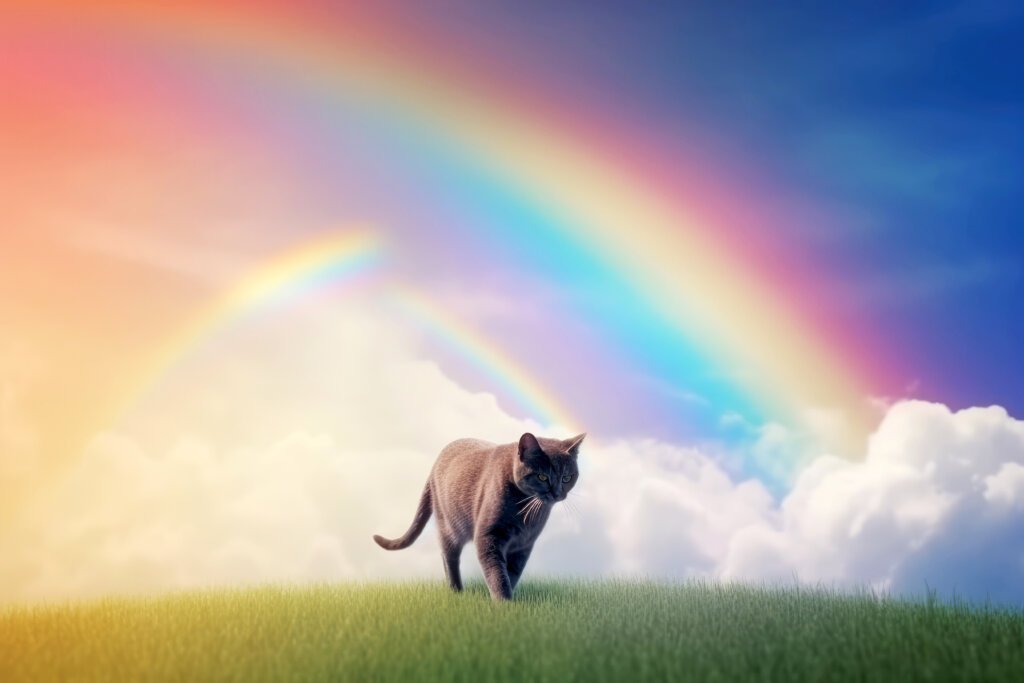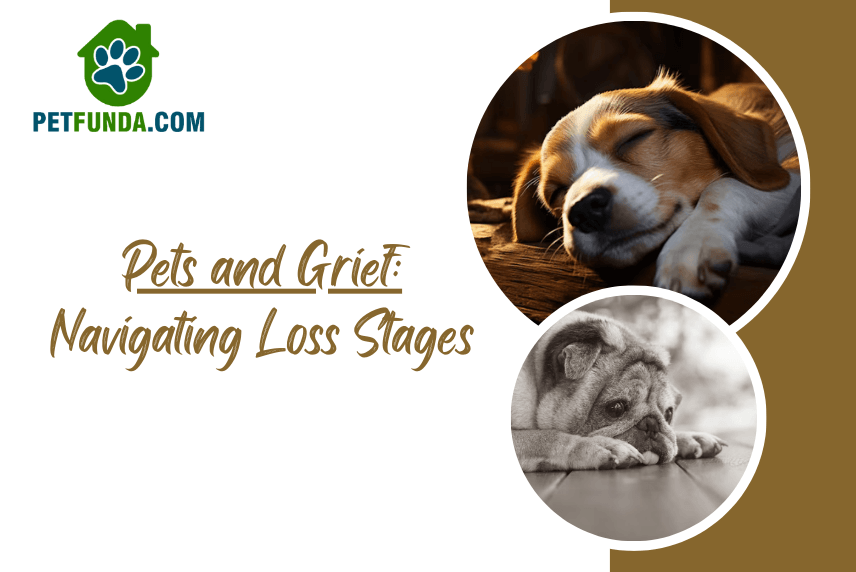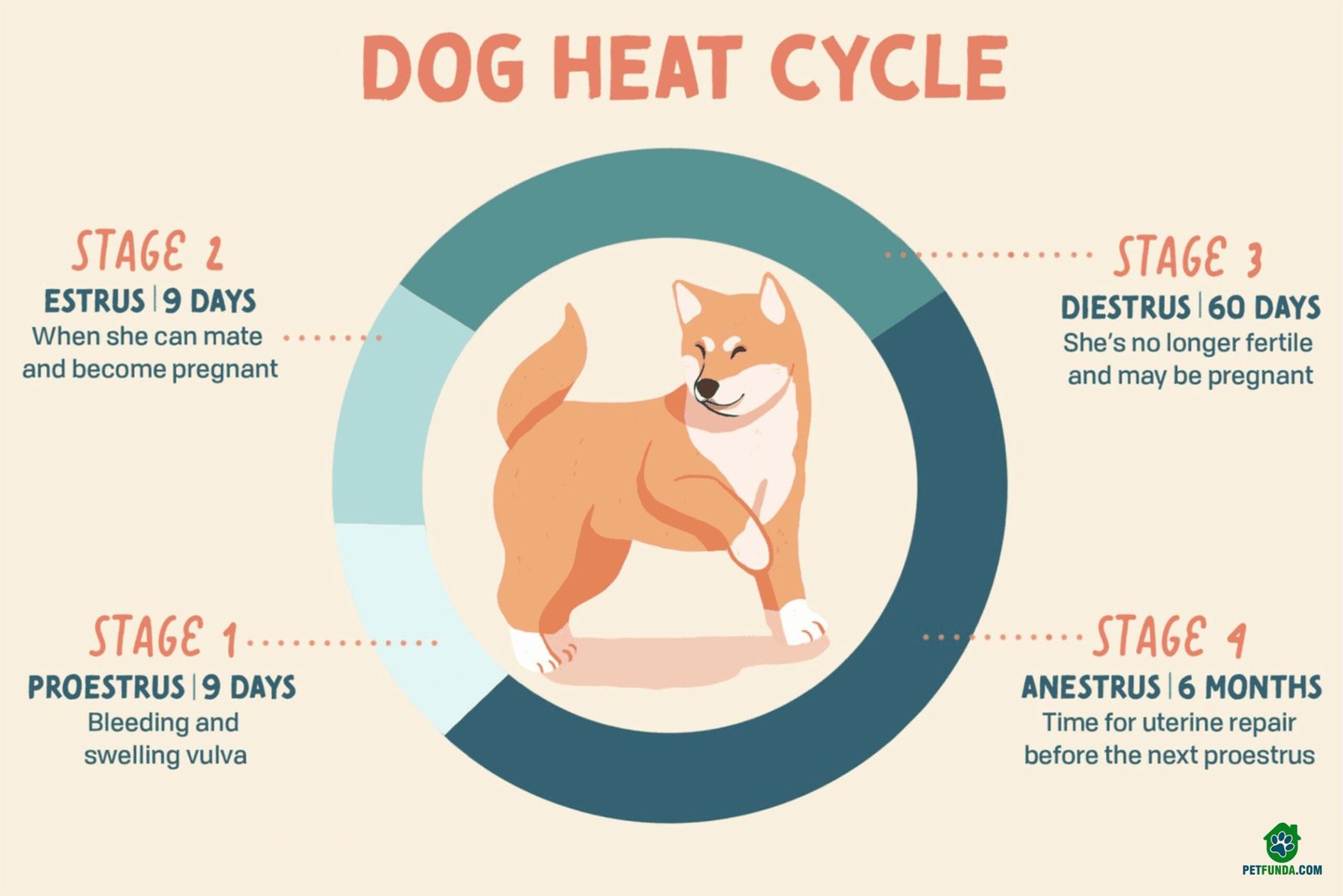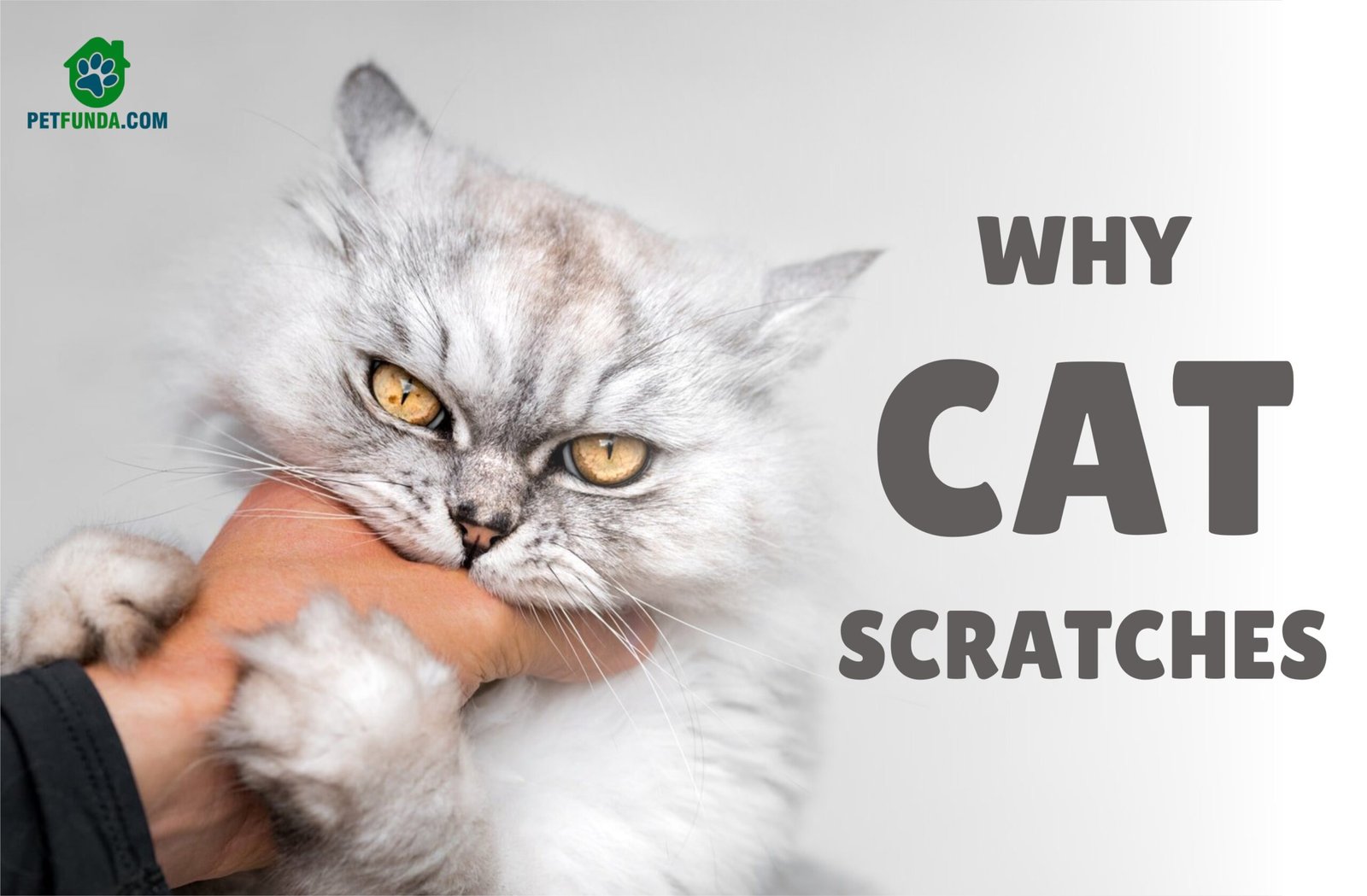What are the different stages of grief after the loss of a pet?
The attachment and bonding that develops with the pet is unforgettable and their loss becomes unbearable. Closeness to the pet is intense so passing away leaves back a space that is hard to refill for a prolonged time. Unconditional love is the primary gift to the owners that enables them to grow a companionship. Even during the hard times, a pet can understand and co-operate without complaining about anything. It can be drenched in heavy rain or be with the owner when being sad. Allowing comfort during difficult times and also celebrating the wins unconditionally.

Above all, having a pet at home requires good care and time. The owner has to give quality time to a routine and structure. To provide them with food, cooking, and shopping for them, playing with them gives a sense of purpose. Interactions lead to the development of an emotional connection.
As owners, the emptiness and lack of ability to interact with the furry one leads to sadness and sometimes few may feel depressed. Depression is observed among people who use to spend the maximum time with less socializing ability.
It is easy to get along with a loyal animal as compared to having a human friend. A pet does not have to have the condition of sharing similar hobbies or activities with their owners. Doesn’t matter if the owner is a kid or an elderly person their can socialize and be friends without any specific reason.
It is when a human mind undergoes a struggling period that has different stages. It is necessary to understand the various stages that are also explained in the Kubler-Ross model. According to the model, the stages of grief are divided into 5 stages.
A person able to identify the stages will be able to overcome the hard times of depression and sadness to the earliest.
Five Stages of Grief A Human Mind Face
Similar to losing a person, the stages of grief are realized in the passing away of a pet. Though it may not be easy for every person who knows to face reality can overcome grief in less time and return to a healthy life.
- Feeling lonely
There is a sudden gap that is felt in life, a life without purpose when a pet suddenly passes away. Owners feel lonely due to the absence of the furry cute one. Someone’s loyal companion, a dog, a cat, or any other companion, it is difficult to overcome the gap. It is when a person starts feeling alone; it is a shock that leads to disbelief.
The denial to accept death leads of develops grief and pain. The person is always expecting the passed away to return now and then. Disbelief makes it hard for the owners and their expectation for their loved one to return is the way to accept the loss and deny their death.
- Sense of anger
The denial of loss and to face the reality of the loss leads to a sudden rising of anger. The anger also grows from the feeling of guilt in a person. Guilt arises with anger; it is natural when anyone close goes away. The reason can be any if the owner was not present at the moment of the pet passing away. Not having the last glance develops a sense of guilt, sadness, and anger.
There can be expectations that if there would be something be done to try to save the life. It is a common expectation; also conflicts can be a reason for guilt. The most miserable fact of the suppressed anger develops when there is nothing to do if the pet passes away due to accidents or any mishaps.
- Denial of the loss
Denial of the loss is the initial stage of grief. It is the hardest time that a person or owner has to undergo. Some do not feel like crying even as they believe that their pet will return within some time. The denial can make a person feel frustrated about the loss until and unless they try to accept the reality.
It is also known as emotional numbness when there is no reaction of grief to pet loss. They try to stop reacting emotionally to avoid themselves to the overwhelming grief. Owners avoid the reminders of their pet’s memories by removing the belongings and avoiding places being together. These are some of the ways that show the stage of denial.
- Accepting the situation
The fourth stage is the acceptance of the situation. A pet owner will need some time to overcome the struggle of loss. Acceptance will allow a person to move forward and get relief from the grief. It requires time and each one has their own pace to deal with their grief. Acceptance can only be possible if a person can acknowledge the reality.
The change in routine can cause a person to think and live in a new way. But before that, it is essential to grieve, and take some time to overcome the feeling of anger, guilt, and also feeling sad or crying. Talk and take support for consolation and fast recovery from grief. Once, the mind and soul are ready to take a step ahead, the realization of acceptance develops consistently.
- Search to compensate loss
A person may also want to find out the reason for the sudden demise of their beloved one. Some people or owners contribute to rituals and ceremonies in honor of their pets. An interest and desire to look for ways to understand pet loss makes them engage in meaningful activities. Such as, contribute to the pets and their owners’ community.
This gives them peace of mind and satisfaction in doing something for the pets. It is a stage that helps them to find a reason to live better and give their best to themselves and their pets.
Summing Up!
Pet owners undergo the grieving process, but some may need time for weeks while some will spend months in grief. Each needs time in their respective way. If the grief lasts for longer it is best to consult a therapist. But, most pet lovers bring home a new pet to bring vibes of happiness and remove the grief from their lives.





